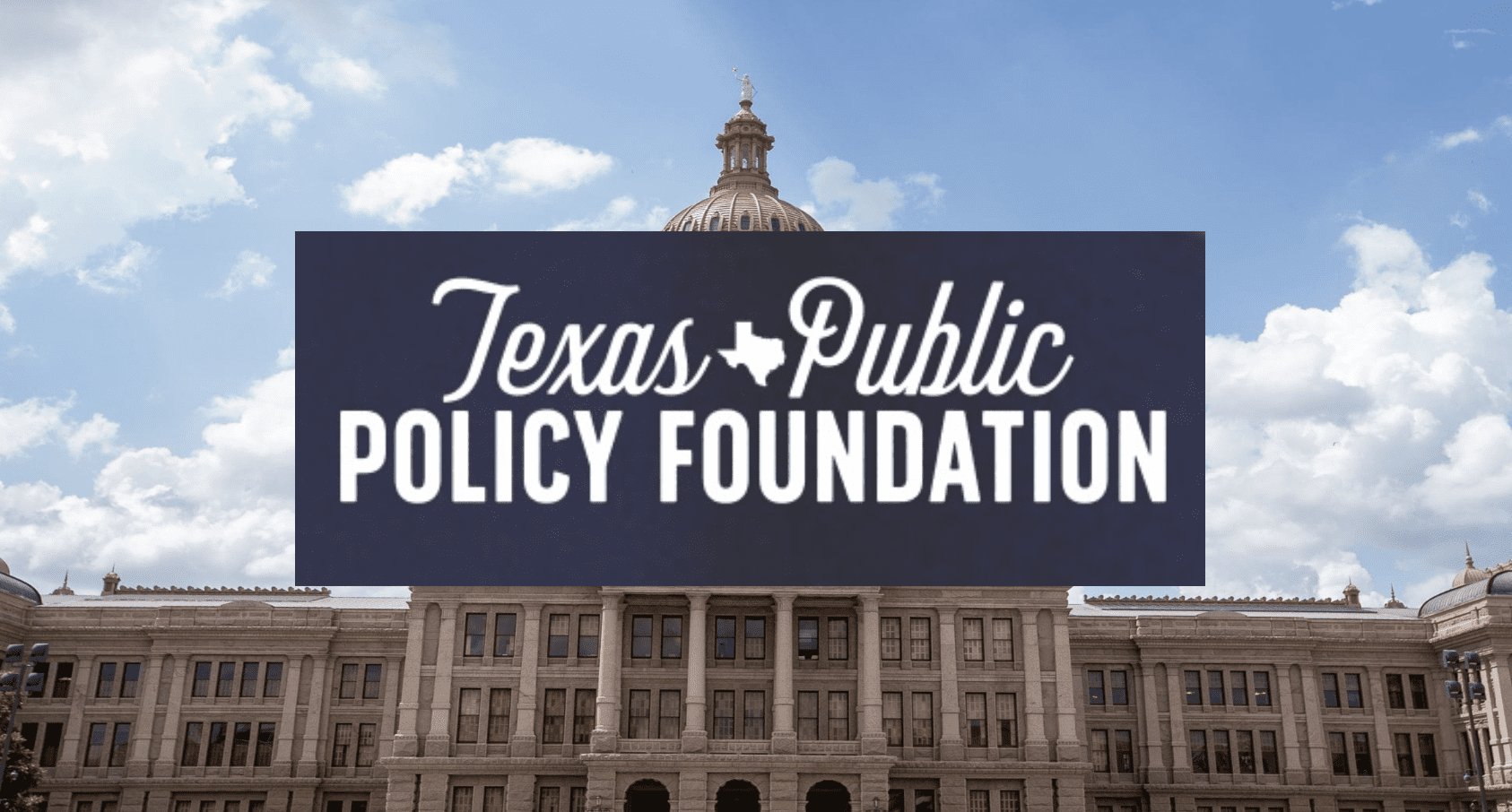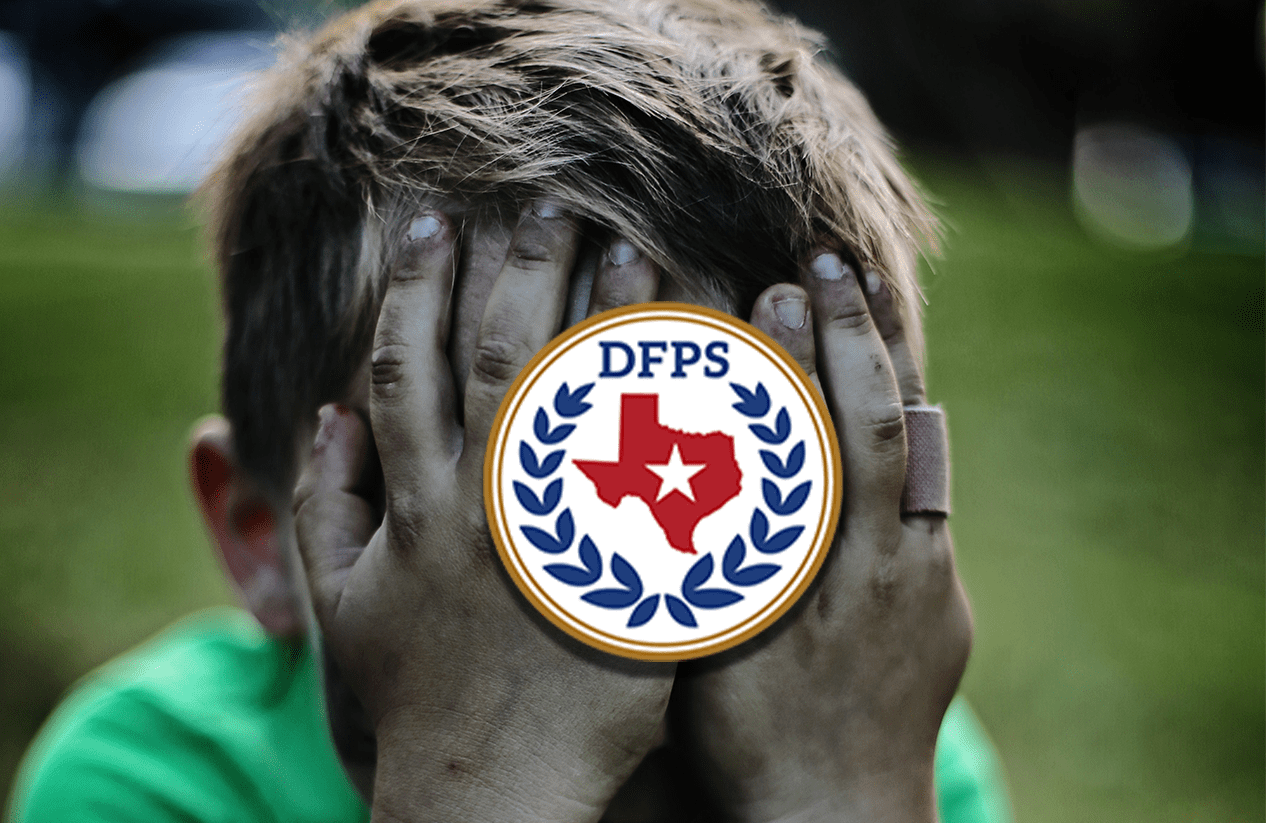“Figures often beguile me, particularly when I have the arranging of them myself; in which case the remark attributed to Disraeli would often apply with justice and force: ‘There are three kinds of lies:
lies, damned lies, and statistics.’”
—Mark Twain
In August, the Legislative Budget Board (LBB) released a “trends table” purporting to show that “All Funds” expenditures for the 83rd Texas Legislature had been reduced by 1.3% when certain economic factors are taken into account. Unsurprisingly, the report has been used on the campaign trail by big-spending politicians to justify their votes for the budget and other spending bills this session. But if the legislature really cut spending, then why did TFR oppose the budget? Why did every Democrat but one vote for the budget while nearly a third of the Republican caucus opposed it?
We have prepared a short presentation breaking down the LBB’s “trends table,” identifying the accounting gimmicks and other fallacies contained in it, and providing an accurate and useful table reflecting real state spending growth.
By dissecting the report, we are able to show that session-to-session spending from the 82nd Legislature to the 83rd Legislature increased over $47.5 billion. That’s a 26.9% increase.
When we look at per-biennium spending without the rose-colored glasses provided by LBB accounting gimmicks, we see that inflation-adjusted spending didn’t decrease over the previous biennium but rather increased by 5.7%. In fact, over the period covered by the LBB report — 2002–03 to 2014–15 — inflation adjusted spending increased 36.7%, more than ten percent faster than population growth over the same period.
Please take a look at our presentation breaking down the LBB’s statistics. These numbers may be useful the next time a big-spending politician claims they were fiscally responsible this session.
Note: A previous version of this presentation failed to take into account the effect of HB 4 and HB 275 during the 82nd legislature. HB 4 reduced spending in the 2010-11 biennium by $354 million. HB 275 increased spending by $3.199 billion through making a draw on the ESF. Collectively these acts accounted for spending by the 82nd legislature of $2.845 billion in addition to the $173.484 billion appropriated for the 2012-13 biennium.




